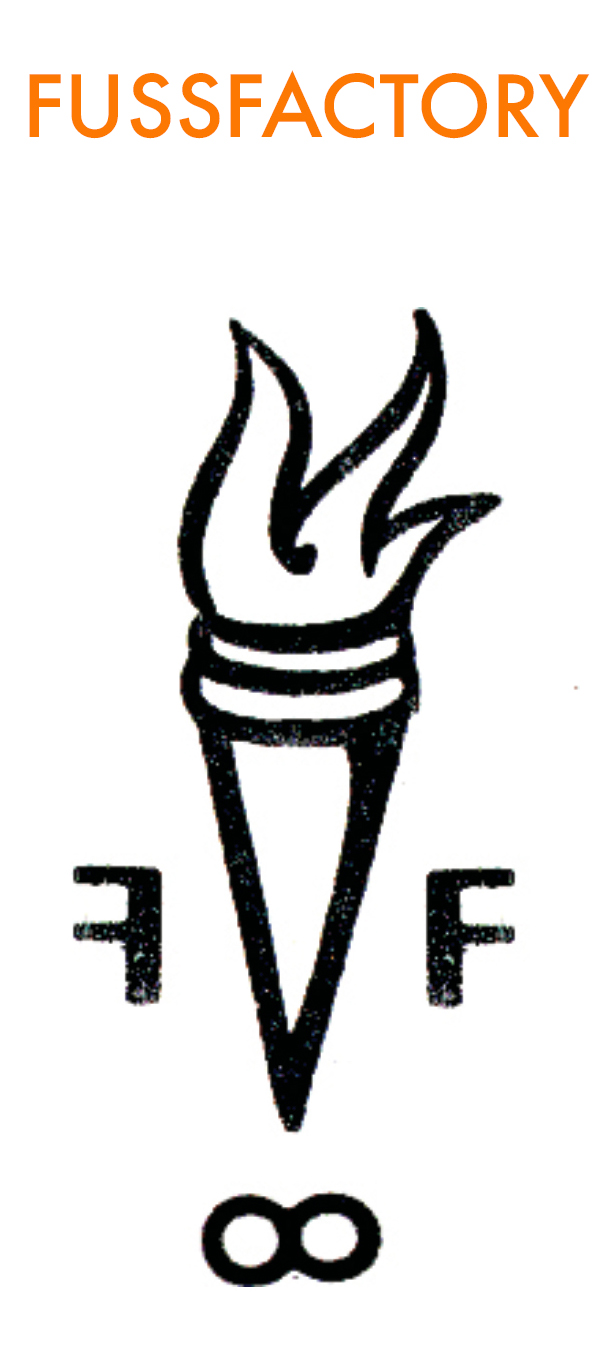#sparkchamber 111521 — Violet Manton
The color violet is a spectral color, one of the dominant wavelengths in the visible spectrum. But it’s the invisible — the future, the not knowing — that so often leads into interesting territory. Today, #sparkchamber sees the world through that prism, the just-emerging arc of Violet Manton, a wonderfully talented artist in the making.
Always open to trying new things — an accomplished equestrian, time spent as a camp counsellor, a volunteer at animal shelters, a short stint in circus school — Violet embarked on a path to nursing after graduating High School in 2019. But after completing her year of pre-health studies, she no longer felt the pull in that direction. The pandemic took away the stimulation of people and places, replacing it instead with online studies … and nature walks with a digital camera in hand. It was on these nature walks that Violet decided she wanted to shift gears — out of the healthcare space, into the arts — to pursue a formal and classical basis for her artistic interests — photography, ink drawings, digital design, and film. “I am sensitive to my surroundings. I pay attention to things in my environment that are restorative and nurturing, things that make my brain happy. Art provides a refuge during uncertain times. I want to create things that will make other people’s brains happy.”
Violet has set her sights set on an art program in the Fall of 2022, and is in the process of building her portfolio. She spends her days mastering new digital platforms and programs to help create images, content, and mini-films for freelance clients … and for fun. She participated in the Inktober challenge — 31 days, 31 drawings — leaving us wanting more. We can’t wait to see all that the future will bring to light!
1.] Where do ideas come from?
I can spend as much time as I want trying to make ideas happen, but I find the best ones just find their way to me. A lot of times, ideas are an accumulation of external influences, things I see, shows I watch, music I listen to, people I talk to. During the pandemic, my world has physically gotten smaller but my ability to connect to a wider world digitally has grown considerably.
Spending more time online leads me down a rabbit hole of new ideas. The algorithm figures out what I like and serves up new things based on my initial interests. It allows me to both gather lots of ideas, and also to go deeper into a specific subject matter, to unearth a new perspective I hadn’t considered before.
2.] What is the itch you are scratching?
Creating something sometimes feels like the act of making an idea permanent, or bringing something from within my own thoughts out into the real world. Because I’ve been spending my time online and living in a digital space, the real world — pen to actual paper, walks in nature — hold a lot of allure.
Scrolling through social feeds, you see things once and it’s fleeting; the feed refreshes and you never see it again; things are fast moving, and there’s a fire hose of content crossing your feed. It also feels like you can forget things more quickly, trends bubble up, and within a week they are played out and gone. I really want to create something tangible, something with some permanence to it. Creating is an act of remembering. I like being able to look back on things to see progress like a journal or a sketch book.
3.] Early bird or night owl? Tortoise or hare?
I am much more fixed on creative endeavors at night. During the day, I am mostly focused on tasks, work and errands. I am not actively thinking about creative pursuits during the day, but I think I am taking things in, and then processing them in the evening and getting them out on paper or digital form.
Taking my time with things is an act of defiance, going against the grain of our super-fast culture. When I take my time, I am always pleased with how things turn out.
My head is disorganized chaos. I can’t work in silence, but I also can’t work with a lot of distractions. I find that having something playing in the background like music or a Netflix show I’ve seen a million times, allows me to focus. Once the busy part of my brain is absorbed by the tunes or TV show, I find my flow and am free to create.
4.] How do you know when you are done?
I don’t ever consider something done. There are times where I look back on something I thought I had finished months or even years ago, and there are things I would change about it or add to it. But I think I consider something to be done when the need to keep working on it isn’t compulsory and I can logically think to myself that I really don’t need to add any more to it. I work on things until the feeling of needing to work on it dissipates.



